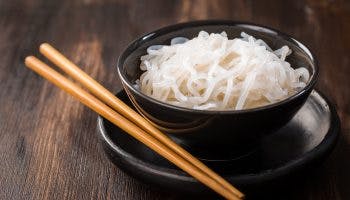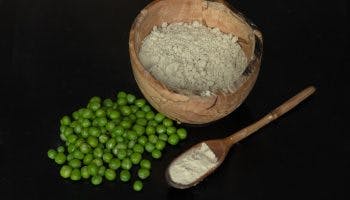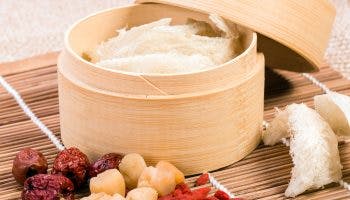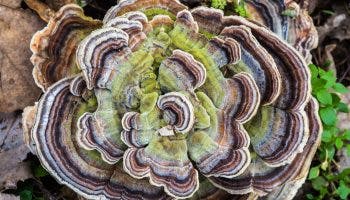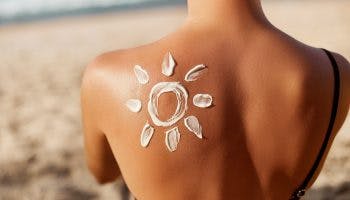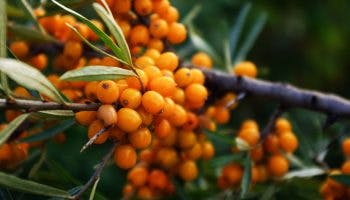Herbal Medicine Basics: How to Use Raw Herbs
Published | 7 min read
This step-by-step guide on how to incorporate herbal medicines and raw supplements into your everyday life will be your go-to resource for all natural remedies.
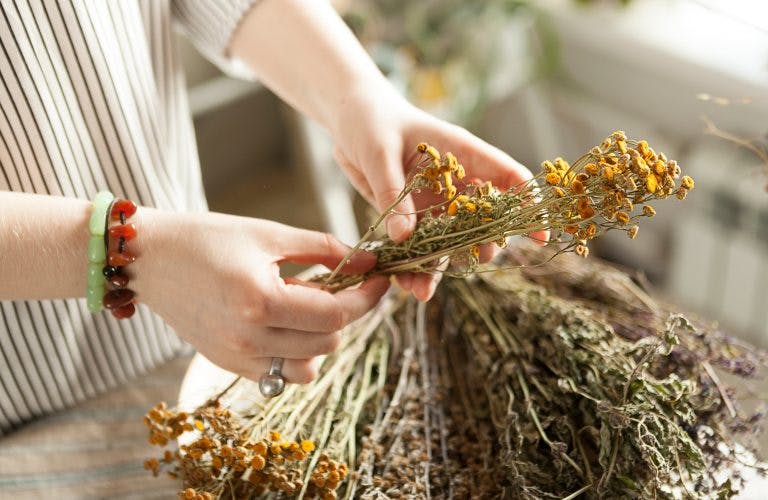
People have used medicinal herbs and plants to cure ailments and strengthen the immune system since the beginning of time. Until around the 16 century, societies worldwide used herbal medicine to treat and prevent diseases and illnesses. So, it’s no wonder that many people are trying to incorporate herbalism back into their lives!
Have you been curious about how to start using medicinal herbs and natural supplements? Or, have you just begun your journey and are looking for a step-by-step guide? Either way, this article is sure to become your go-to resource for raw remedies.
Traditional Chinese Medicine (TCM) has evolved over thousands of years, and herbal products have been studied to treat medical problems like mental illness, stroke, heart diseases, the common cold, and other respiratory diseases.
Of course, it’s always a good idea to check with your Primary Care Physician before starting a new regimen or supplement routine. Still, the fact is that studies of herbal medicine have proven to have significant benefits for many people.
What Exactly is Herbal Medicine?
The National Institute of Health considers herbal medicine to be any product originating from plants that are used to treat or prevent sickness. Nourishing the body with plants and herbs has been in practice for well over 5,000 years. At one point in time, it was the only means of medical care!
Herbal products are readily available and come in many different forms today. If you’re hesitant to start a herbal medicine or supplement routine, the history of raw remedies will hopefully be a comfort to you! It’s amazing how you can easily turn plants and herbs into healing teas, soups, and more.
In TCM, herbs are commonly classified as “four natures” (hot, warm, cold, and cool) and “five flavors” according to the five elements of taste (sour, salty, sweet, buttery, and pungent). They can also be classified according to their specific function, i.e. heat-clearing, wind-damp dispelling, etc., and the meridians on which the herb has the most effect.
How can Herbal Medicines and Remedies Help Improve my Lifestyle

Holistic health is becoming increasingly popular. Many people have begun to understand the positive side effects of herbalism. Depending on what you are looking for, there are many different herbs that can help you.
The key is to find herbs and plants that are right for your needs. For example, something that will bring you more energy may not be the same herbs needed to help a cough.
Finding the Right Herbal Medicines for You
TCM plants and herbs act on specific organ systems. This means that each herb is formulated specifically for a particular issue that you might have.
TCM physician, Lim Sock Ling, says that during a typical consultation, practitioners will look for some key indicators to understand your needs. If you are visiting a TCM practitioner, you will need a consultation before they can prescribe any herbal medications.
Practitioners will usually use their five senses to complete a thorough lookover of patients. First, they will look at the tongue and its coating color and thickness. Then, they will look at the facial expressions and body of the patient.
Next, TCM physicians will listen. They will listen closely to your tone of speech, cough, and examine any phlegm. They will also smell, specifically noting any foul breath.
Finally, the practitioner will speak and ask you to explain your current medical condition. Lastly, they will feel your pulse as part of their diagnosis and examine for any areas of tenderness.
Although consultation with a TCM physician is not always necessary, it can be good to know their diagnosis process. Going through the process with a TCM physician can be helpful for the physician to recommend the right herbs for you.
1. What Herbs and Plants Do I Need?
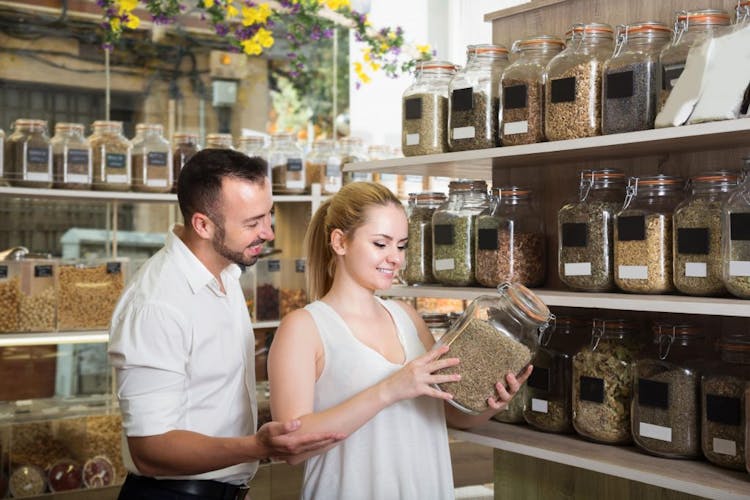
There are herbs that work to heal different illnesses. TCM formulas vary depending on your needs:
Anxiety: If you’re experiencing anxiety, try a blend of Chai Hu Shu Gan San. This formula contains Bupleurum Chinese (chai hu), Cyperus rotundus (xiang fu), and Cnidium (chuan xiong), and it’s suitable for liver qi (life force or vital energy) stagnation. Another one you can try for heart deficiency is Gan Mai Da Zao Tang. It is composed of Licorice root (gan cao), wheat grain (xiao mai), and Chinese jujubes (da zao).
Flu: If you want something to try to get through your sickness more easily, try Yin Qiao San (warm symptoms, i.e., fever). It’s a classic formula with fever-relieving herbs, such as honeysuckle (jin–yin hua), forsythia fruit (lian qiao), burdock seed (niu bang zi) or Gui Zhi Tang (cold symptoms, i.e., chills). For cough and sore throat, you might use Sang Ju Yin, containing chrysanthemum flower (ju hua) and mulberry leaf (sang ye). While Sha Shen Mai Dong Tang can help with lung yin deficiency (inability to support the lungs efficiently, resulting in cough, sore throat, etc.). This formula composes of Glehnia (sha shen) and Ophiopogon (mai dong).
Anemia: Red dates, goji berries, longan, and codonopsis root (dang shen) are your best bet. It is recommended to brew these as herbal teas. You can brew chrysanthemum and goji berries together to relieve liver heat, often displayed as red eyes.
2. How to Get the Most Benefits from Herbal Medicine
It’s important to check with your physician to ensure that any of your current medications will not interact with your herbal medicines. This will ensure that you are getting the most out of your natural supplements.
Always make sure that you are following the suggested preparation instructions. Some herbs have different benefits depending on how you consume them.
3. How to Prepare and Store your Herbal Medicine
Physician Lim suggests that you should always store your herbs in a cool, dry place. You can also refrigerate the herbs to prolong their shelf life. Depending on the types of raw TCM herbs, some may be ground into powder and encapsulated for direct consumption. Some need to be brewed to extract their therapeutic properties, while others can be extracted effectively with ethanol. You can find out more about the herbs through a herbalist or retailers where you get yours from.
You will need to crush some herbs that are in seed form before boiling. In boiling flowers or leaves that float, you should place them in separate bags for easy management. You should only add herbs with volatile content, such as peppermint leaves, into the pot for boiling just before turning off the flame.
4. Teas, Extracts, Capsules, Powders, and More
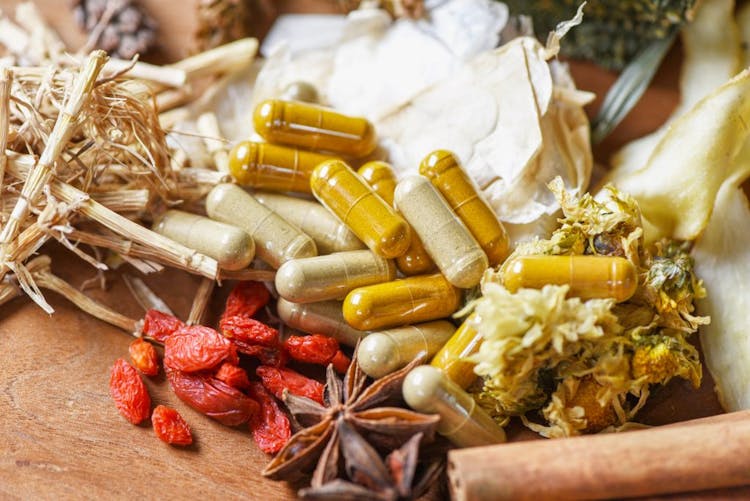
There are many different methods of consumption to choose from when it comes to your medicinal herbs. Some remedies come in pastes, soaks, topical medication, oral consumption (e.g., food, teas, decoctions, granules, tablets, and capsules).
Physician Lim also suggests trying herbal soups. Her recommendations include Superior Nurturing Soup, great for all ages and those suffering from poor appetite and bloating. She also recommends Lingzhi Tonic Soup for individuals with a low immune system or recovering from surgery or illness. Her last recommendations include Si Shen Soup and Vitality Tonic Soup for those that need an energy boost. Do seek a professional’s advice before trying the soups.
The Road to Better Health
One important thing to remember about your health and wellness journey is that you most likely won’t see or feel results overnight, and that’s okay! Health and wellness can seem like a daunting task, but with small daily changes, you will begin to see results within due time. If you’re on a TCM and herbal medicine journey, give yourself ample time to discover new things and learn what your body and mind need to be healthy and balanced.
References
- Pharmacognosy Reviews. 2012. Historical review of medicinal plants’ usage. [Accessed 5 November 2021]
- U.S. Department of Health and Human Services. Traditional chinese medicine: What you need to know. [Accessed 5 November 2021]
- Journal of Patient Experience. 2017. Prevalence and Predictors of Herbal Medicine Use Among Adults in the United States. [Accessed 5 November 2021]
Share this article on

